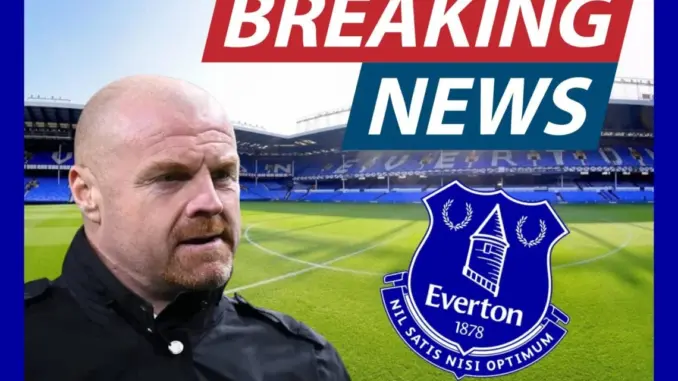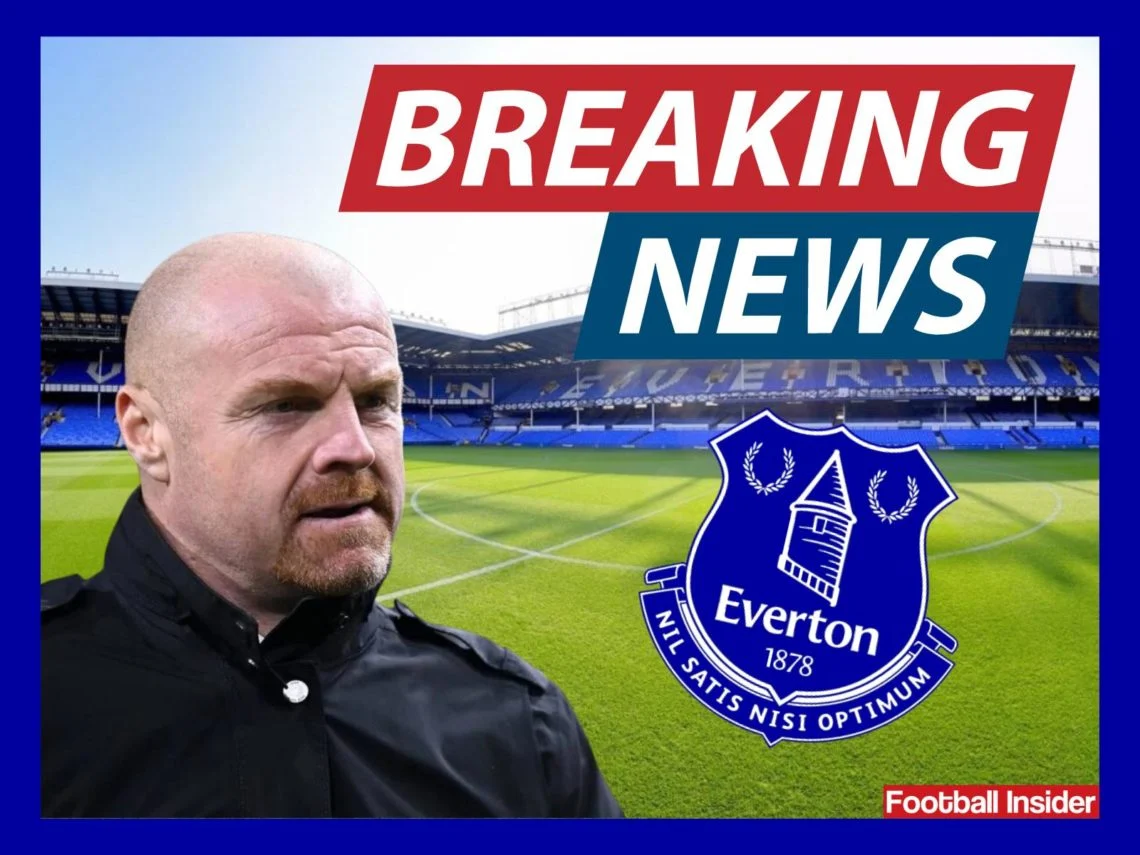

In this week’s Royal Blue column, are Everton FC correspondent Joe Thomas writes on the club’s crucial summer – one that presents opportunities as well as further challenges
The season is not yet over but Everton are already gearing up for a challenging summer.
The headlines this week have been based around the anticipated collapse of the takeover deal with 777 Partners that has struggled on for eight painful months. A resolution to the ownership – and with it the leadership vacuum at the very top of the club – is crucial.
Behind the scenes the club also appears to be positioning itself for further battles of significance. Everton’s final season at Goodison Park will be heavily defined by the events of the coming weeks and what happens before the first ball of the new campaign is even kicked.
The key issue is, undoubtedly, the takeover. A flurry of developments around 777 Partners have thrown their plans into jeopardy. High-profile allegations against the outfit lodged in a $600m fraud case in New York remain just that – currently unanswered accusations put forward in a civil case – but have added to concerns over the group’s wider business activities and their ability to find the money needed to first, complete the deal, and second, run the club sustainably.
But the real, tangible signs the deal might be on the brink include the group’s Australian airline Bonza being entered into voluntary administration, alleged payment issues with a PR firm used throughout the Everton bid and the need for an extension to a payment deadline to meet the Premier League conditions for the takeover to be signed off. The Blues are understood to have the resources to carry the club through to the transfer window, at which point it can sell players to raise operating funds and will have merit payments and TV cash on the horizon, but the club’s long-term health and stability look increasingly dependent on a new owner stepping forward.
The events of the past fortnight have made one thing clear – Sean Dyche and Kevin Thelwell will have to prepare for a summer without stability above them. Budgets, strategy and expectations will have to be fluid and contingency plans are being drawn up in the event of different scenarios.
It has long been known in the world of football, and reported as such by the ECHO, that Everton face another tight summer. Transfer funds will be limited and the focus will likely be on what money can be generated and how the squad can be rebuilt after what are likely to include significant departures. This is not all bad news. The expiration of several long, expensive contracts will offer director of football Thelwell an opportunity to bring in new players while still reducing the wage bill. It will be his first chance to shape the squad since he was appointed more than two years ago. This is a chance to create a squad that makes sense and which boss Dyche can place more faith in after inheriting an expensively assembled, threadbare and disjointed Frankenstein unit representing the different ambitions of the many different managers and directors of football of the Farhad Moshiri era.
Players will be sold, make no mistake. Thelwell has noted as such in his programme notes ahead of the match with Sheffield United – a clear attempt to manage expectations during a tough summer: “Whilst we want to ensure the team is as competitive as possible, we cannot lose sight of our central objective to protect the long-term stability of the club. That does mean players will be sold, and also that every tool at our disposal will be used to secure new additions to the squad, including utilisation of the loan market. Both Sean and I understand the responsibility we have – and that is a responsibility which has to be our priority. That may not be exciting to hear but, under our current circumstances, it is the right thing for Everton.”
The January transfer window was a landmark for the Blues because it was the first in some time without the sale of a key player – think Richarlison, Anthony Gordon and Alex Iwobi in the three previous windows.
This summer it is likely every player will have a price and the question is whether any money raised will be available to Dyche and Thelwell. The likes of Jarrad Branthwaite, Amadou Onana and Dominic Calvert-Lewin are already attracting significant interest. Everton’s squad has talent within it and players who are worth serious money – even if only a small portion of that is made available to the recruitment team, it could still amount to valuable, useful deals.
How much is raised and what proportion of that is made available to rebuild are questions that need stability at the top in order for them to be answered. But early transfer business is expected regardless of the club’s revenues. That is because the football financial year ends on June 30 – the deadline for clubs to meet their profit and sustainability thresholds. Everton’s accounts for the current year are not publicly available but the £89m losses recorded last year are of real concern. The cases brought against the club by the Premier League suggest the Blues face a battle to comply with its rolling three year, £105m loss limit for a third consecutive season. Thelwell hinted at that in his notes, writing: “It is also important that I am completely candid with you. The reality is, given the regulations in place and the club’s current financial position, we have to trade well.”
Everton’s position will improve due to the lack of departure packages for management staff and board members in comparison to the previous year, while a higher league finish will see the merit payment increase on the season before. But a sale, or sales, between the opening of the transfer window on June 14 and the financial deadline on June 30 will no doubt help the club’s position.
It is against that backdrop that the withdrawal of the appeal against the two-point deduction handed down for the second breach makes some sense. Announced on Friday, it appears to mark another strategic attempt to position the club for a fight ahead. Everton are safe from relegation but unlikely to move up the league in the remaining games of the season, meaning the value of any returned points has decreased since the appeal was lodged. The failure by Nottingham Forest to win points back on their appeal, the verdict of which was announced this week, will also have been taken into account while the limited history of these proceedings suggests that cooperation with the Premier League can be worthwhile.
This is important because Everton have an outstanding hearing over last year’s finances. Centred on interest fees for loans the club attributes to stadium costs, should the Blues lose that argument it could lead to a deduction for next season. Defeat in that hearing would also make regulatory compliance over this financial year more challenging – meaning it is only fair that the club gets clarity ahead of June 30 so that, in the event of a loss, it has the time to take action accordingly. While Everton are still fighting Brentford for 15th place, the reality is that future conversations with the Premier League on this topic are inevitable. And, with the Blues now safe, club chiefs may view this as an opportunity to foster goodwill in advance.
Next season should be a celebration of Goodison Park in its final year and Dyche has shown he can make progress against the odds. This summer does represent an opportunity for him to build on this season. But his reward for a remarkable campaign is more off-the-pitch instability and the size of his next task will likely be defined by what happens well before Everton return to action in August.
Leave a Reply